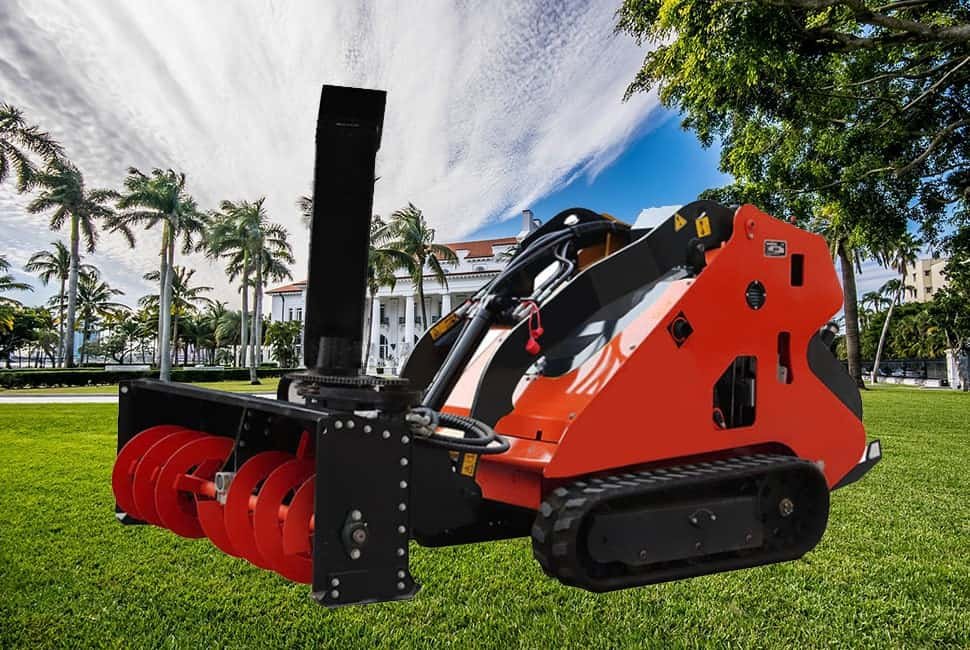Introduction
If you own or operate Telescopic Loader Machines, you know how important it is to keep them functioning at their best. However, like any heavy equipment, Telescopic Loader machinery can experience common problems that may impact performance. If you are facing issues with your loader, identifying and troubleshooting the problem can be crucial in preventing costly repairs and downtime.
This blog post will explore the top 5 common problems with Telescopic Loader machinery and provide effective troubleshooting steps to resolve them. We’ve covered you, from the hydraulic system and electrical issues to engine and transmission problems. Keep reading to learn how to keep your Telescopic Loader Machines working at their best.
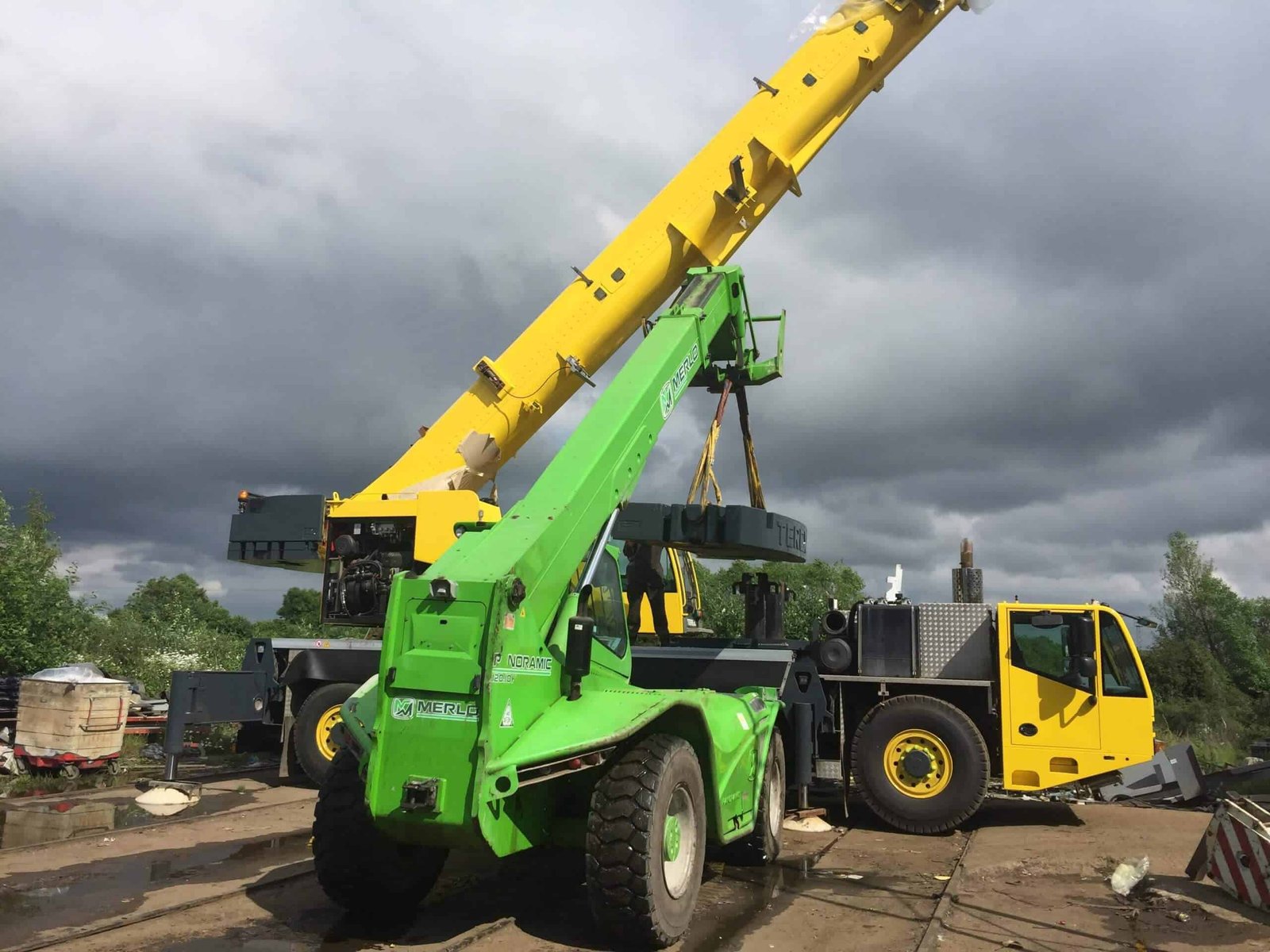
Hydraulic System Issues In Telescopic Loader Machines
Common causes
Hydraulic system issues are among the most common problems you may experience with your Telescopic Loader Machines. These issues can lead to problems such as decreased lifting capacity and slower operation.
Troubleshooting steps
Common causes of hydraulic system issues include low hydraulic fluid levels, damaged hoses or fittings, leaks, and problems with the hydraulic pump or motor. It is important to address these issues as soon as possible to prevent them from causing further damage to your equipment.
Check hydraulic fluid levels.
One of the first troubleshooting steps to take when dealing with hydraulic system issues is to check the hydraulic fluid levels. Low fluid levels can cause various problems, so it’s important to check the fluid regularly and add more as needed.
Inspect hoses and fittings.
Inspecting hoses and fittings is also essential, as damaged hoses or fittings can lead to leaks and other issues. Check all connections and replace any damaged hoses or fittings immediately.
Check for leaks
Leaks can also be a common issue with hydraulic systems. Check all connections and seals for any signs of leakage, and replace damaged parts as needed.
Check the hydraulic pump and motor.
Finally, it’s important to check the hydraulic pump and motor to ensure they function properly. If you suspect a problem with either component, it may be necessary to seek professional assistance.
Prevention tips
Preventing hydraulic system issues is key to keeping your Telescopic Loader Machines in top condition. To prevent these issues, regularly maintain your loader’s hydraulic system.
This includes checking and changing the hydraulic fluid, inspecting hoses and fittings for damage, and replacing worn parts. Additionally, it’s important to ensure that all hydraulic system components are properly lubricated and protected from damage or corrosion.
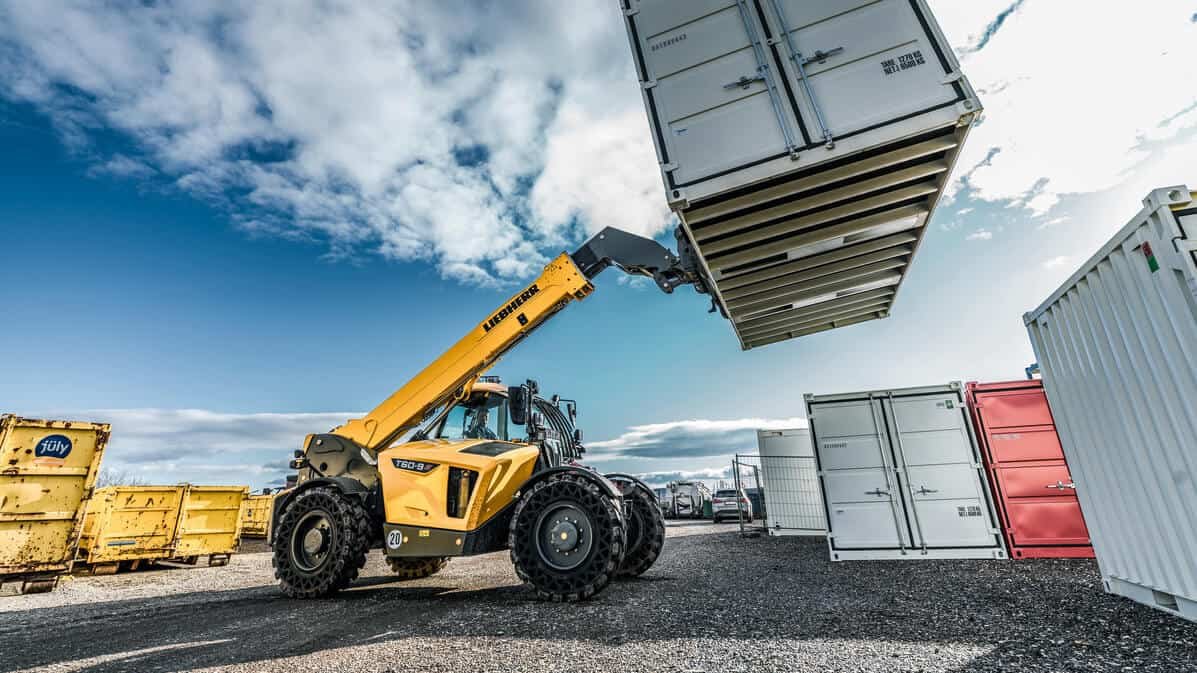
Electrical System Issues In Telescopic Loader Machines
Common causes
Electrical system issues are another common problem with your Telescopic Loader Machines. These issues can cause problems, including difficulty starting the engine, malfunctioning lights or gauges, and intermittent power loss.
Common causes of electrical system issues include faulty batteries or connections, blown fuses or relays, damaged wiring or connectors, and malfunctioning switches or sensors.
Troubleshooting steps
Some of the steps are given below for electrical system issues.
Check battery voltage and connections.
When troubleshooting electrical system issues, one of the first steps is to check the battery voltage and connections. A low voltage reading or loose connections can cause various problems, including difficulty starting the engine. Ensure the battery is fully charged and the terminals are clean and tight.
Check fuses and relays.
Checking fuses and relays is another important troubleshooting step. Blown fuses or faulty relays can cause various electrical problems. Inspect all fuses and relays and replace any that are damaged or blown. It is important to note that replacing a blown fuse without addressing the underlying cause could result in the new fuse also blowing.
Inspect wiring and connectors.
Inspecting wiring and connectors is essential, as damaged wiring or connectors can cause intermittent power loss or other issues. Check all wiring and connectors for damage or corrosion and replace any damaged components.
Check switches and sensors.
Finally, checking switches and sensors is important to ensure they function properly. Malfunctioning switches or sensors can cause a variety of electrical issues. Check all switches and sensors for proper operation and replace any that are not functioning correctly.
Prevention tips
Preventing electrical system issues is key to keeping your Telescopic Loader Machines in top condition. One way to prevent these issues is to maintain the electrical system regularly. This can include checking the battery and connections, inspecting wiring and connectors for damage, and testing switches and sensors.
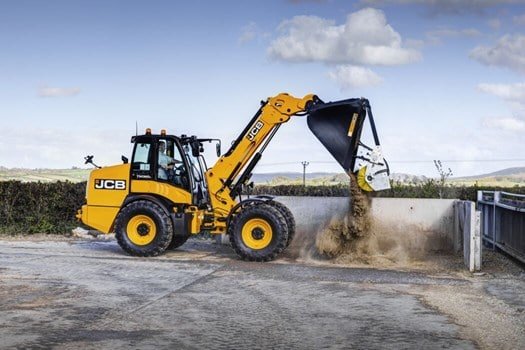
Engine Issues In Telescopic Loader Machines
Common causes
Engine issues are another common problem that can affect the performance of your Telescopic Loader Machines. These issues can range from difficulty starting the engine to reduced power and performance.
Common causes of engine issues include fuel system problems, clogged air filters, faulty spark plugs or ignition systems, and engine timing or compression problems.
Troubleshooting steps
Check fuel levels and filters.
When troubleshooting engine issues, the first step is to check the fuel levels and filters. Low fuel levels or clogged filters can cause the engine to run poorly or not start. Ensure enough fuel is in the tank, and check the filters for any clogs or damage.
Check air filters
Checking the air filters is another important step in troubleshooting engine issues. Dirty or clogged air filters can restrict airflow to the engine and cause it to run poorly. Inspect the air filters and replace any that are dirty or damaged.
Inspect spark plugs and ignition system.
Inspecting the spark plugs and ignition system is also essential in diagnosing engine problems. Faulty spark plugs or ignition systems can cause misfiring or other performance issues. Check the spark plugs and ignition system for damage or wear, and replace faulty components.
Check engine timing and compression
Finally, checking engine timing and compression is necessary for diagnosing more complex engine issues. Timing and compression problems can cause various symptoms, including difficulty starting the engine, poor acceleration, and reduced power.
Have a professional mechanic check the timing and compression of your engine if you suspect a more serious problem.
Prevention tips
Preventing engine issues is important to keep your Telescopic Loader Machines running smoothly. One way to prevent engine issues is to perform regular maintenance, including oil changes and tune-ups. Keep the air and fuel filters clean and replace them as needed.
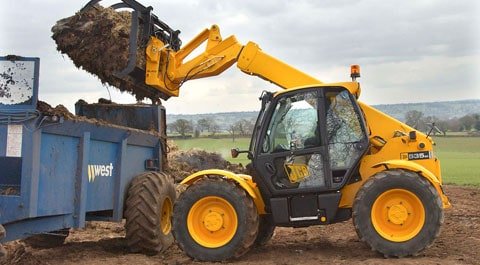
Transmission Issues
Common causes
Transmission issues can also affect the performance of your Telescopic Loader Machines. Common causes of transmission problems include low or dirty transmission fluid, worn-out clutches or torque converters, and damaged gears or bearings.
Troubleshooting steps
Check transmission fluid levels and condition
When troubleshooting transmission issues, the first step is to check the transmission fluid levels and condition. Low or dirty fluid levels can cause various symptoms, including slipping gears and difficulty shifting. Ensure enough fluid is in the transmission, and check the fluid for any signs of contamination or wear.
Inspect the clutch and torque converter.
Inspecting the clutch and torque converter is also important in diagnosing transmission problems. Worn-out clutches or torque converters can cause slipping or hesitation in the transmission. Inspect these components for any signs of wear or damage and replace them as needed.
Check gears and bearings.
Checking the gears and bearings is another essential step in troubleshooting transmission issues. Damaged gears or bearings can cause grinding or noise in the transmission. Inspect these components for any signs of wear or damage and have a professional mechanic replace them if necessary.
Prevention tips
Preventing transmission issues is important to keep your Telescopic Loader Machines running smoothly. One way to prevent transmission issues is to perform regular maintenance, including fluid changes and inspections of the clutch and torque converter.
Another preventative measure is to operate the loader correctly. Avoid overloading the machine or using it in conditions that can cause excessive wear on the transmission, such as steep inclines or rough terrain.
Structural Issues
Common causes
Structural issues can arise in your Telescopic Loader Machines for various reasons, such as excessive wear and tear, overloading, or accidents. Common causes of structural issues include cracks, bends, and other damage that can affect the machine’s stability and strength.
Troubleshooting steps
Check for cracks, bends, or other damage.
When troubleshooting structural issues, the first step is to inspect the loader for any visible signs of damage. Check for cracks or bends in the frame, boom, or other structural components. Also, look for any signs of rust or corrosion that can weaken the machine’s structure over time.
Inspect welds and fasteners.
Inspecting welds and fasteners is also important when diagnosing structural issues. Check for any loose or missing bolts, nuts, or other fasteners that can cause the machine to become unstable. Also, inspect the welds for any signs of cracks or damage that can affect the loader’s strength.
Prevention tips
Preventing structural issues is crucial to keep your Telescopic Loader Machines running safely and efficiently. Regularly inspecting the machine’s structure and components is one way to prevent structural issues. Look for signs of wear and tear, rust, and corrosion, and address any issues promptly.
Another preventative measure is to operate the machine correctly. Avoid overloading the loader or using it in conditions that can cause excessive wear and tear on the structural components, such as uneven terrain or rough handling.
Regular maintenance is also important to prevent structural issues from arising. Regularly lubricating the machine’s structural components, replacing worn-out parts, and cleaning the loader thoroughly can help extend its lifespan and prevent structural issues from occurring.
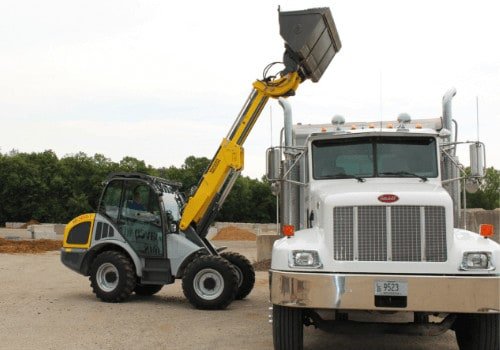
Conclusion
Knowing how to troubleshoot common problems with your Telescopic Loader Machines can help you save time and money in the long run.
By understanding the common causes of issues such as the hydraulic system, electrical system, engine, transmission, and structural issues, you can take the necessary steps to prevent them from occurring and troubleshoot them effectively if they do.
Regular maintenance, careful operation, and prompt attention to any issues can help extend your machine’s lifespan and ensure it operates at its best. Following this article’s troubleshooting and prevention tips, you can keep your Telescopic Loader Machines running safely and efficiently.
Contact Us Today For a customized and good-quality telescopic loader for your construction site.

